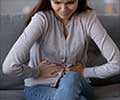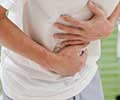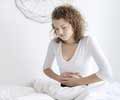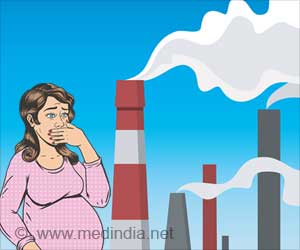Many women believe cold food worsens menstrual symptoms, but is there scientific evidence to support this claim?
- The belief that cold food affects menstruation is largely a cultural myth
- Scientific evidence shows no direct link between cold food and menstrual pain
- Focus on a nutrient-rich diet rather than food temperature for better menstrual health
There is no scientific evidence that cold food worsens menstrual cramps! #medindia #womenshealth’
Origin of the Myth
In several cultures, particularly in Asia, there is a long-standing belief that consuming cold food or beverages during menstruation can shock the body, causing discomfort and irregularities. This idea stems from the notion that cold temperatures can lead to uterine contractions, exacerbating menstrual cramps and disrupting the natural flow of blood. As a result, women are often advised to stick to warm drinks and avoid cold foods such as ice cream, chilled water, or salads during their cycle (1✔ ✔Trusted SourceKnowledge, Beliefs, and Practices Related to Menstruation Among Female Students in Afghanistan
Go to source).
Scientific Perspective of Cold Food in Dysmenorrhea
From a medical standpoint, there is no direct evidence linking cold food consumption to menstrual cramps or irregularities. Menstrual pain, known as dysmenorrhea, occurs due to the release of prostaglandins—chemicals responsible for triggering uterine contractions. The temperature of your food has little to no impact on this process.Can Cold Food Cause Discomfort during Periods?
Although cold food does not directly affect menstrual health, some individuals may experience mild discomfort after consuming it, particularly if they are already experiencing bloating or fatigue. Cold foods and drinks can sometimes slow digestion, causing a feeling of heaviness or slight stomach discomfort.A 2023 study suggested that warm foods might help reduce menstrual pain intensity and duration more effectively than cold foods. However, this varies from person to person and is not a definitive rule.
Another aspect to consider is personal sensitivity. Some individuals have a naturally lower tolerance for cold foods and may find warm meals more comforting during their period. In such cases, avoiding cold foods is a matter of preference rather than necessity.
What Should You Eat During Your Period?
Instead of focusing on food temperature, it is more beneficial to ensure a nutrient-rich diet during menstruation. Iron-rich foods such as spinach, lean meat, and lentils help replenish the iron lost during menstruation. Additionally, consuming anti-inflammatory foods like nuts, fish, and warm herbal teas may help ease cramps.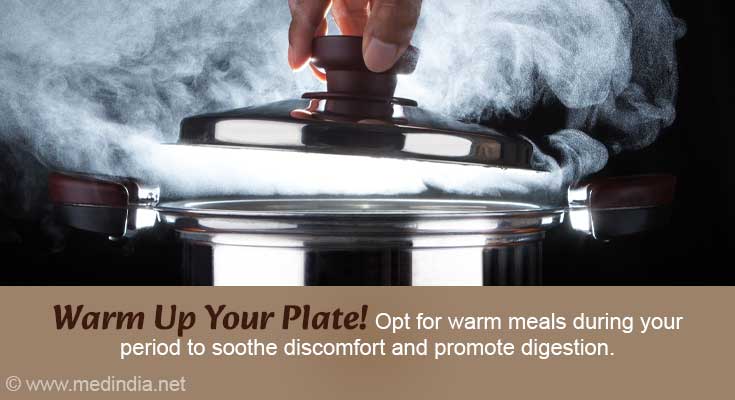
Myth or Fact?
The belief that cold food negatively impacts menstruation is largely a myth rather than a medical fact. There is no scientific basis to suggest that cold foods can worsen cramps or disrupt the menstrual cycle. However, if cold foods cause discomfort for an individual, avoiding them is a personal choice rather than a strict health guideline.Rather than being concerned about food temperature, it is more important to nourish the body with essential nutrients and listen to personal comfort levels. Whether it’s a warm cup of tea or a scoop of ice cream, the best approach is to eat what feels right for your body.
Reference:
- Knowledge, Beliefs, and Practices Related to Menstruation Among Female Students in Afghanistan - (https://pubmed.ncbi.nlm.nih.gov/37492375/)
Source-Medindia



